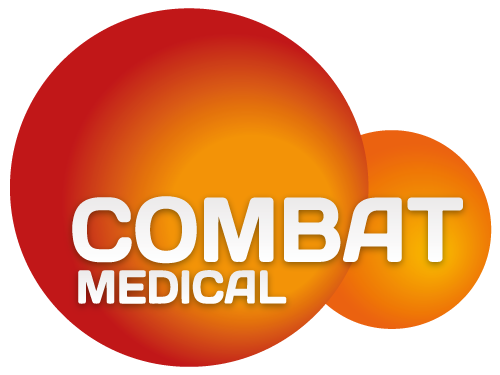Colorectal cancer remains one of the leading causes of cancer-related mortality worldwide. Despite significant advancements in treatment and awareness campaigns, late-stage diagnosis continues to hinder survival outcomes. With five-year survival rates for localised disease exceeding 90%, compared to less than 15% for metastatic cases, it is obvious that we need to focus more on early detection. Enter OncoRedox: a new, AI-powered colorectal cancer sensor. This novel technology has shown very promising results in colorectal cancer detection through a minimally invasive, highly accurate blood test.
Innovation in Diagnostics
Developed over a ten-year period by Professor Hadar Ben-Yoav and his team, the OncoRedox system is an artificial intelligence (AI)-enhanced, disposable electrochemical sensor designed to detect CRC from a simple blood plasma sample. At the heart of this innovation lies its ability to generate a unique metabolic fingerprint based on the redox state of biomolecules in the blood. This activity reflects the body’s metabolic status and is often disrupted in pathological conditions, including cancer. The OncoRedox sensor exploits this principle by analysing subtle variations in electron exchange patterns, thus identifying the presence of malignant activity with a high degree of precision.
Mechanism of Action
The disposable sensor functions much like an artificial tongue, as described by Professor Ben-Yoav. Just as taste receptors distinguish between flavours, the sensor is equipped with an array of electrodes that respond to various redox-active molecules in the plasma. When exposed to a blood sample, it records electrochemical responses that are subsequently interpreted using AI algorithms trained to recognise CRC-specific patterns.
The system produces a metabolic signature that can differentiate between healthy and cancerous states with incredible accuracy. In recent clinical proof-of-concept studies, the OncoRedox sensor demonstrated a 94% detection accuracy for colorectal cancer, a result that significantly outperforms many current non-invasive screening methods.
Advantages Over Conventional Testing
Current standard non-invasive screening for CRC involves stool-based DNA tests, which, while effective, face challenges in patient compliance and cost. These tests require careful sample collection and laboratory processing, which can deter participation in regular screening programs.
In contrast, the OncoRedox sensor offers several advantages:
- Minimally Invasive: Requiring only a small blood sample, it enhances patient comfort and reduces the logistical challenges associated with stool testing.
- High Accuracy: With a detection rate of 94%, the sensor surpasses many existing early detection tools, providing clinicians with a reliable diagnostic aid.
- Cost-Effectiveness: The use of disposable sensors and streamlined AI analysis makes the technology more affordable and scalable, especially in low-resource settings.
- Patient Acceptance: Blood tests are generally more acceptable to patients than stool-based methods, potentially increasing screening uptake.
- Home Testing Potential: The ultimate goal is to develop a home-testing version, enabling routine monitoring and early intervention.
Implications for Broader Cancer Detection
While the current focus is on colorectal cancer, the implications of OncoRedox technology extend far beyond. The fundamental principle of redox-based metabolic profiling can be adapted to detect other cancer types. Preliminary research indicates potential efficacy in identifying bladder cancer, among others, suggesting a platform approach to oncological diagnostics.
This versatility stems from the sensor’s ability to detect disease-specific redox imbalances, which are a hallmark of many malignancies. By fine-tuning the AI algorithms, researchers believe the sensor could be trained to recognise unique signatures associated with different cancer types.
Future Directions and Integration into Clinical Practice
For medical professionals, the integration of OncoRedox technology into standard clinical workflows could represent a major advancement in personalised medicine. Its ease of use and rapid turnaround make it suitable for primary care settings, oncology clinics, and potentially even remote or underserved areas.
In Conclusion
Like it or not, the era of AI is upon us, and while in many fields such as the arts, it is causing much annoyance and controversy, medicine is where it truly shines. With the combined power of AI and electrochemical sensing, OncoRedox offers a fast, accurate, and patient-friendly method for early CRC detection. Not only that, but with its potential expansion to other cancer types and future development into a home-based test, the future of early cancer detection is looking promising.
Prevention is always better than cure, and OncoRedox- along with other new technologies constantly being developed – offer new hope for improved survival and quality of life for countless individuals. These are exciting times, for sure.

